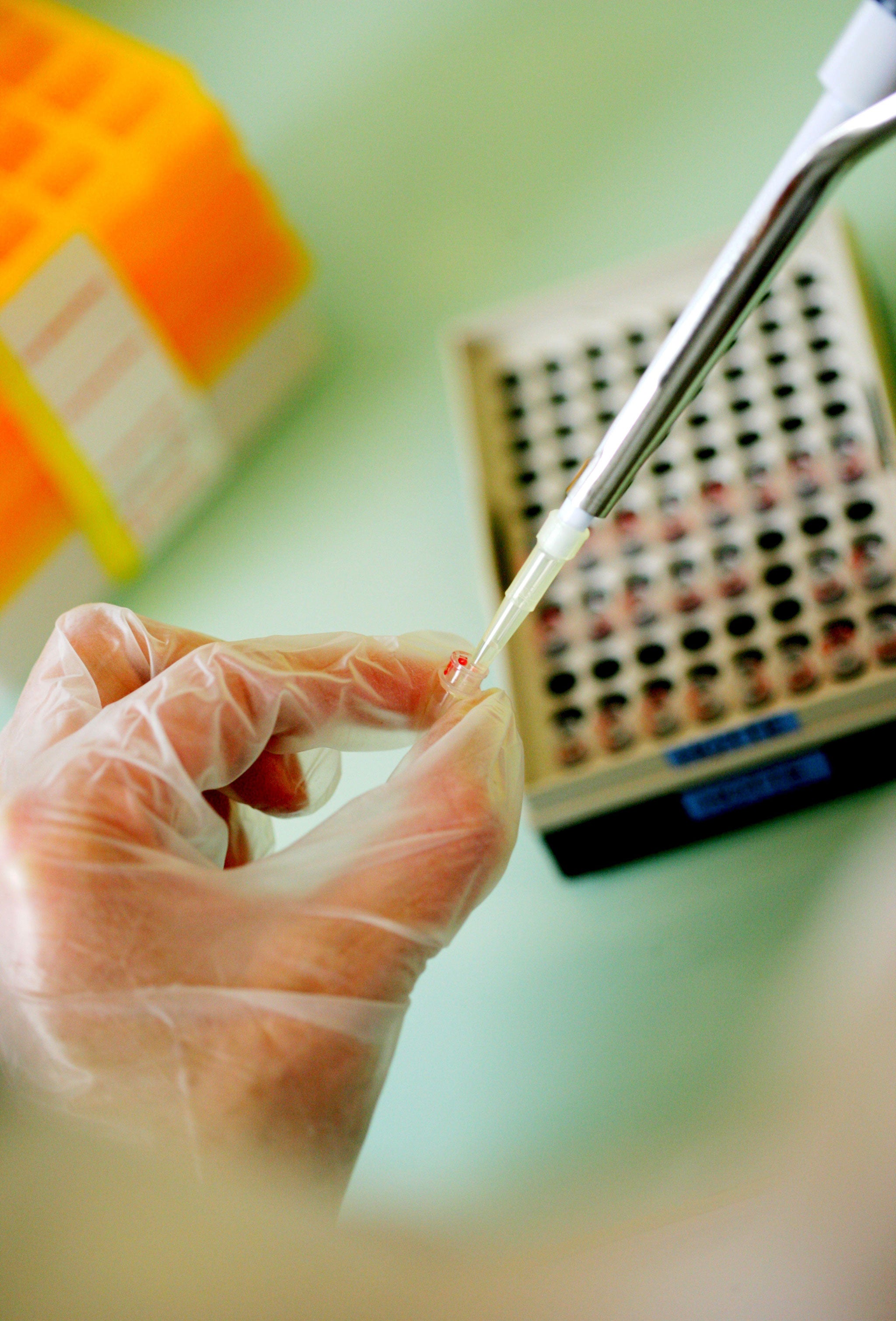Gene therapy to offer up to 1m heart patients new lease of life
Synthetic virus that can boost heartbeat will be injected into sufferers for breakthrough trial

The first attempt in Britain to treat heart failure patients with gene therapy is to begin within weeks, as part of study aimed at improving the lives of up to a million people in the UK who suffer the debilitating and potentially fatal condition.
Click HERE to view 'how to treat a failing heart' graphic
Two clinical trials are planned for a few dozen British patients who will be deliberately exposed to a virus carrying a synthetic copy of a human gene known to be involved in boosting heartbeat.
The first trial will be carried out at the Royal Brompton Hospital in London and the Golden Jubilee National Hospital in Glasgow. The patients will be part of a group of 200 from around the world who will have the virus injected via a cardiac catheter inserted through a vein in the leg. A second trial at the Harefield and Papworth hospitals will be based entirely within the UK and involve 24 patients with chronic heart failure who are already fitted with an "artificial heart" known as a left ventricular assist device, which helps to pump blood around the body.
The aim in both trials is to inject additional copies of a healthy gene, known to be responsible for a key protein involved in regulating the rhythmic contraction of the heart muscle. It is hoped that the extra genes will remain active within a patient's heart for many months or even years.
Scientists believe the approach could lead to a significant improvement in the efficiency of the diseased heart to pump blood around the body – so improving the quality of life of thousands of patients with progressive heart failure who develop serious ailments as well as severe fatigue.
Scientists warned that it will still be several years before the technique can be made widely available. They do not want to raise hopes unduly as many previous gene therapy trials on patients with a range of other illnesses have failed to live up to expectations.
However, the heart researchers said they are optimistic that the gene technique will improve the quality of life in at least some of the patients, who would otherwise suffer deteriorating health and life expectancy – a third of patients die within a year of diagnosis.
"Once heart failure starts, it progresses into a vicious cycle where the pumping becomes weaker and weaker, as each heart cell simply cannot respond to the increased demand," said Alexander Lyon, a consultant cardiologist at the Royal Brompton.
"Our goal is to fight back against heart failure by targeting and reversing some of the critical molecular changes arising in the heart when it fails."
The gene-therapy trial involves the injection of a harmless virus, called adeno-associated virus, which has been genetically modified with the SERCA2a gene responsible for a protein that stimulates contraction of heart-muscle cells.
Dr Lyon said extensive safety work has already been conducted on the virus and it has not been found to cause health problems in other gene therapy patients.
Once the virus has delievered the SERCA2a into the muscle cells, it is quickly degraded, he said.
Professor Sian Harding of Imperial College London said that extensive research on the SERCA2a gene has shown that it can be safely inserted into heart-muscle cells with the effect of boosting the size and speed of contraction. "It's been a painstaking, 20-year process to find the right gene and make a treatment that works, but we're thrilled to be working with cardiologists to set up human trials that could help people living with heart failure," Professor Harding said.
Professor Peter Weissberg, medical director of the British Heart Foundation, said gene therapy shows great promise in providing a new way to treat heart failure, but warned that there is still a long way to go.
"There was a terrific fanfare around gene therapy about 10 to 15 years ago. It was going to cure everything and, like all things in science, it wasn't that simple," he said.
"This project is a great example of the slow burn of good laboratory science translating into potential clinical treatment. We don't know if it's going to work yet, we all hope that it will."
Join our commenting forum
Join thought-provoking conversations, follow other Independent readers and see their replies
Comments
Bookmark popover
Removed from bookmarks